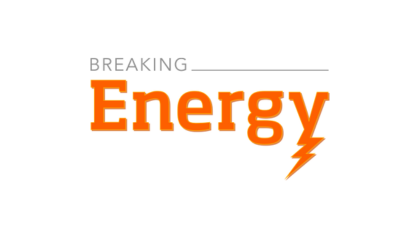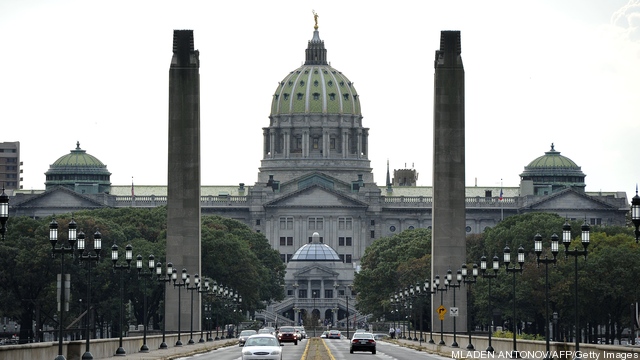
Monitoring shale gas drilling has been a central technology question for oil and gas companies seeking to take advantage of huge potential reserves in the US.
“A technology to remotely monitor conditions at energy-rich Marcellus Shale gas wells to help insure compliance with environmental requirements has been developed through a research partnership funded by the US Department of Energy,” the department announced today. Keep reading →





